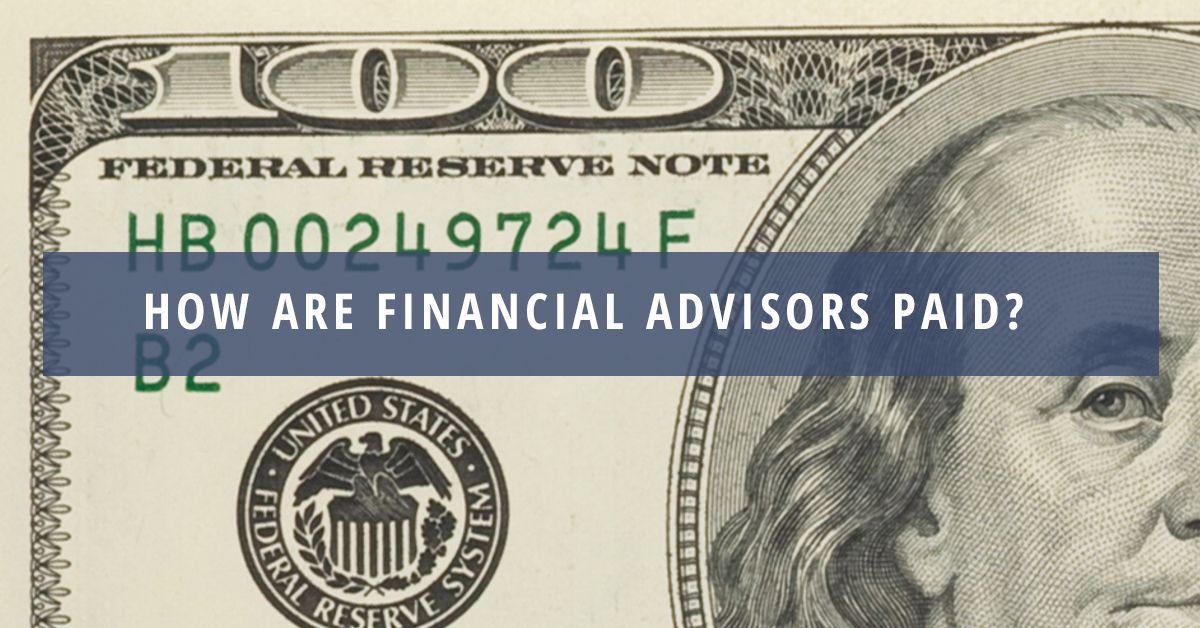Whether you are new to the financial planning world or you’ve worked with an advisor before, it is always good to make sure you understand how financial advisors are paid. At Advanced Wealth Advisors, we believe in absolute transparency – it’s the only way financial planning works for all parties involved. In the next few blogs, we are going to share the ways that advisors are compensated for their financial advice.
Hourly
If you are willing to take advice and make it happen by yourself, hourly is a great way to work with a financial advisor. You can pay for an hour of advice and then go home and implement what you hear. Though hourly rates will vary from advisor to advisor, the fact that compensation is disconnected from investment values will ensure that you get objective advice. Plan on paying more for advisors with more experience and qualifications.
Retainer Fee
Sometimes, you need ongoing advice. This can be good for complicated situations like running a business or owning rental properties – you need someone to be there consistently. Like the hourly fee, a retainer fee isn’t connected to the value of your investments. Instead, the complexity of the situation and the experience of the advistor will factor into the fee you pay to have access to financial planning services.
Commission
This is a common way advisors get paid. In fact, technically someone working on a commission basis is a “broker” and not an “advisor.” The true meaning of the word advisor in the financial planning field is meant to be one of transparency and a person who represents your best interest. If you are working in the commission world, keep in mind that the broker’s pay is influenced by the advice he/she gives. So, keep in mind that technically you are working with a salesperson. Ask for a detailed explanation of what you are paying for – how much the broker will receive if you decide to buy the investments he/she promotes. Some financial advisors also offer commission-based products, but they should disclose to you how they get paid, and in what amounts.
Fees and Commissions
As stated previously, some financial advisors charge both fees and commissions. As an example, they may charge an ongoing fee to manage your investment portfolio, but they may make commissions from the sale of insurance products. Make sure that you discuss with your financial advisor all methods of compensation. As long as they are fully disclosed, the financial advisor is acting ethically. This will also give you more information to determine if they are acting in your best interest.
Flat Fee
This structure works when you have a single, finite project to complete. These can be projects like retirement planning. When you pay a financial advisor to help you, you’ll have someone who can crunch the numbers for you and make sure you understand all parts of the plan. This payment isn’t connected to the success of investing, so you are very likely to get objective advice. Just make sure that the fee is thoroughly detailed and communicated up-front.
Percent of Your Account Value
Most financial advisors charge for their services this way. If your investments make more money, so do they. Fees can be as high as 2.00% per year or as low as 0.50% per year. The fee is usually determined by the anticipated complexity of the ongoing service and management as well as the size of your accounts. Make sure that you understand what you’re paying for. Are you planning for financial planning or investment management? Or both?
At Advanced Wealth Advisors, we believe very strongly in transparency and doing the right thing for our clients. This is why we fully disclose how we will be compensated, ensuring that you feel completely comfortable with our working relationship. Contact us today in Fort Myers or Naples, FL to learn more about the Advanced Wealth Advisors difference.

